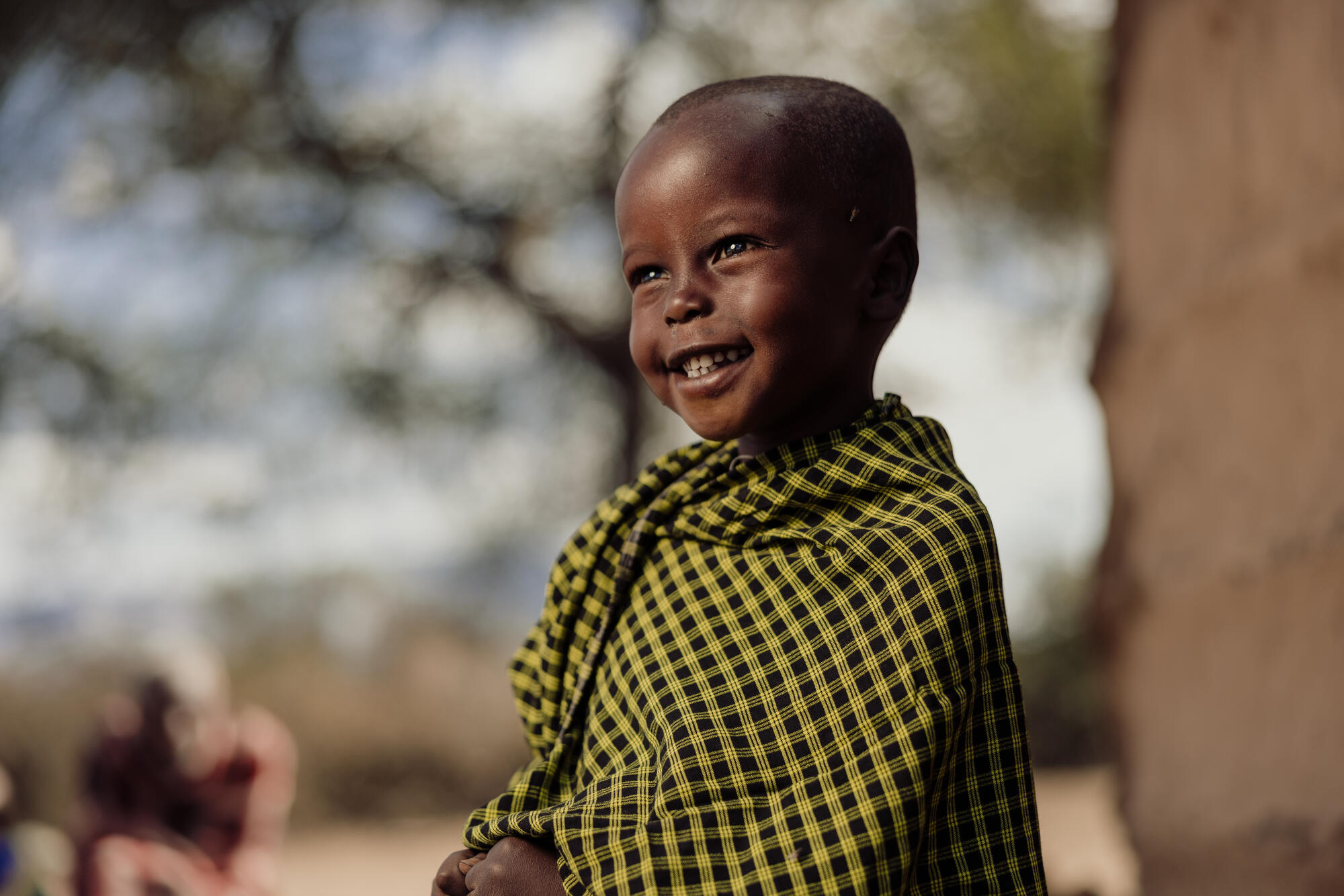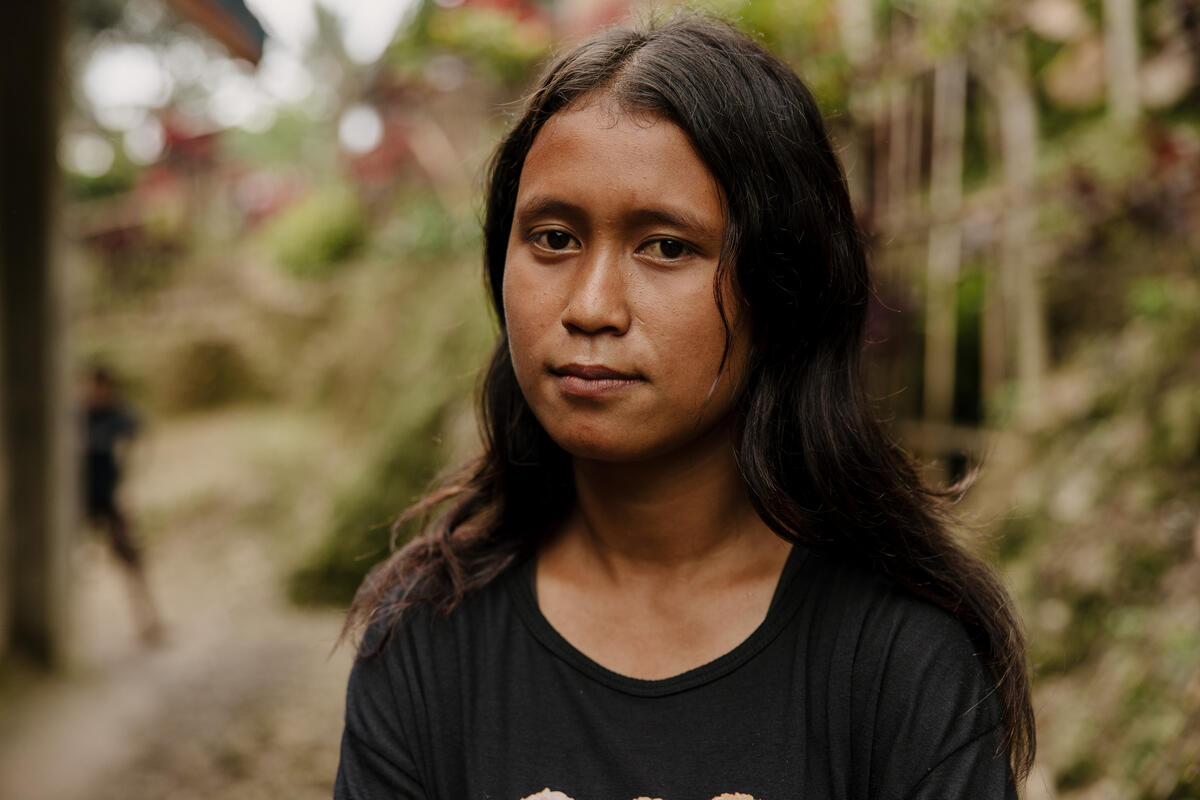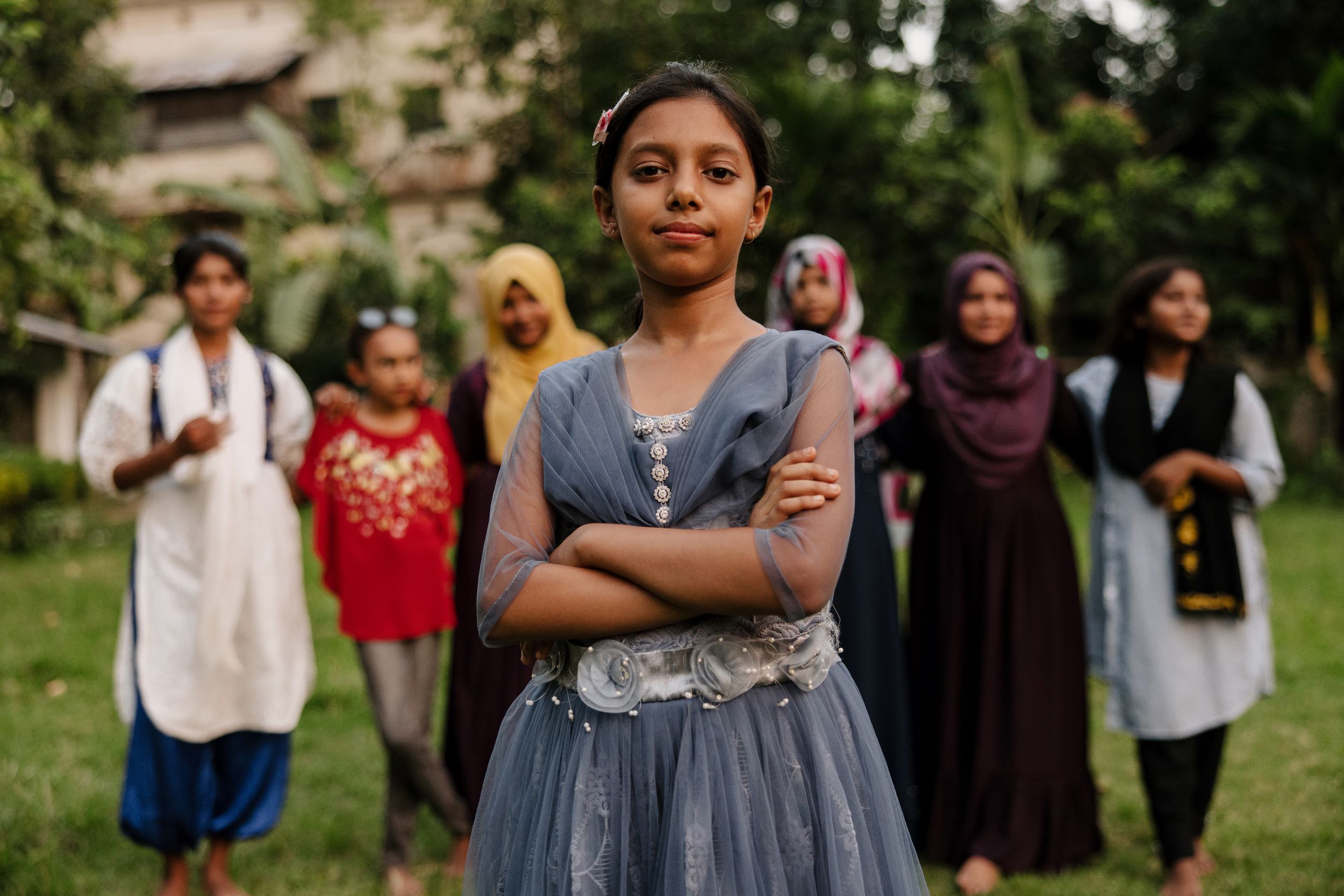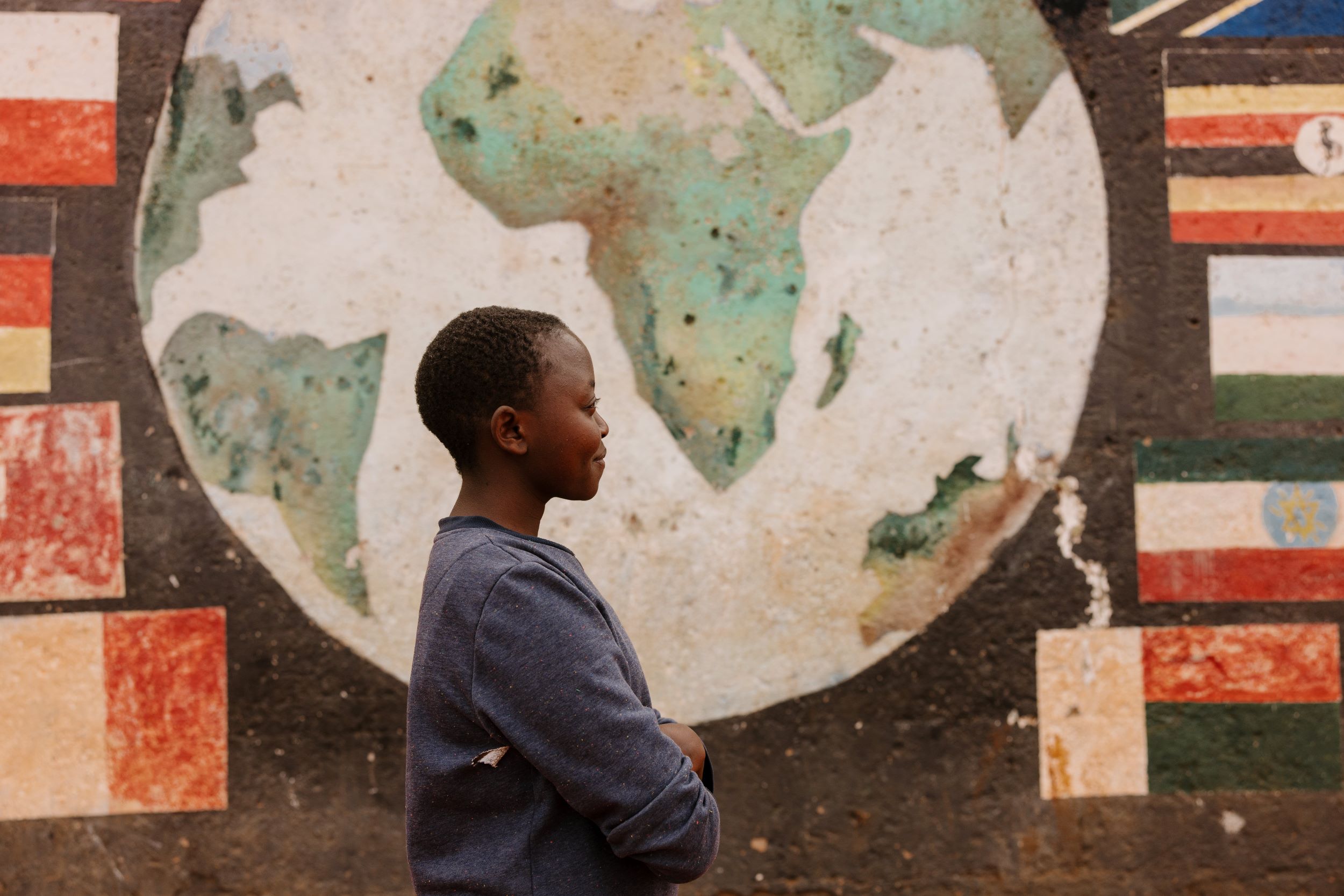
One girl at a time
Married at eight but now safe and sponsored. Read Ruth’s child marriage story.
Imagine a world where every girl, like Ruth*, gets to stay in school rather than being forced into marriage. This could be possible if we work together.
Each year, 12 million girls under the age of 18 become child brides. And it’s not something they want or choose for themselves.
Child marriage must stop.
Early marriage robs girls – and boys – of their childhood, their education, and their wellbeing. It exposes them to rape and abuse. It puts lives at risk. It violates their human rights.
Sadly, because of increasing levels of hunger, conflict and climate change, even more girls are being pushed into marriage when they’re not ready – physically or emotionally.
Girls should be playing with their friends and studying at school. Instead, they’re losing their freedom, independence, and a future of their own design.
The good news is that with organisations like World Vision, girls are fighting back. Our partnerships with communities enable parents, local leaders, even children themselves to learn about their rights and that no child should be forced into marriage.
Thanks to Child Sponsorship, children like Ruth* in Kenya are safe from child marriage and can finish their education, choosing what they do with their lives.
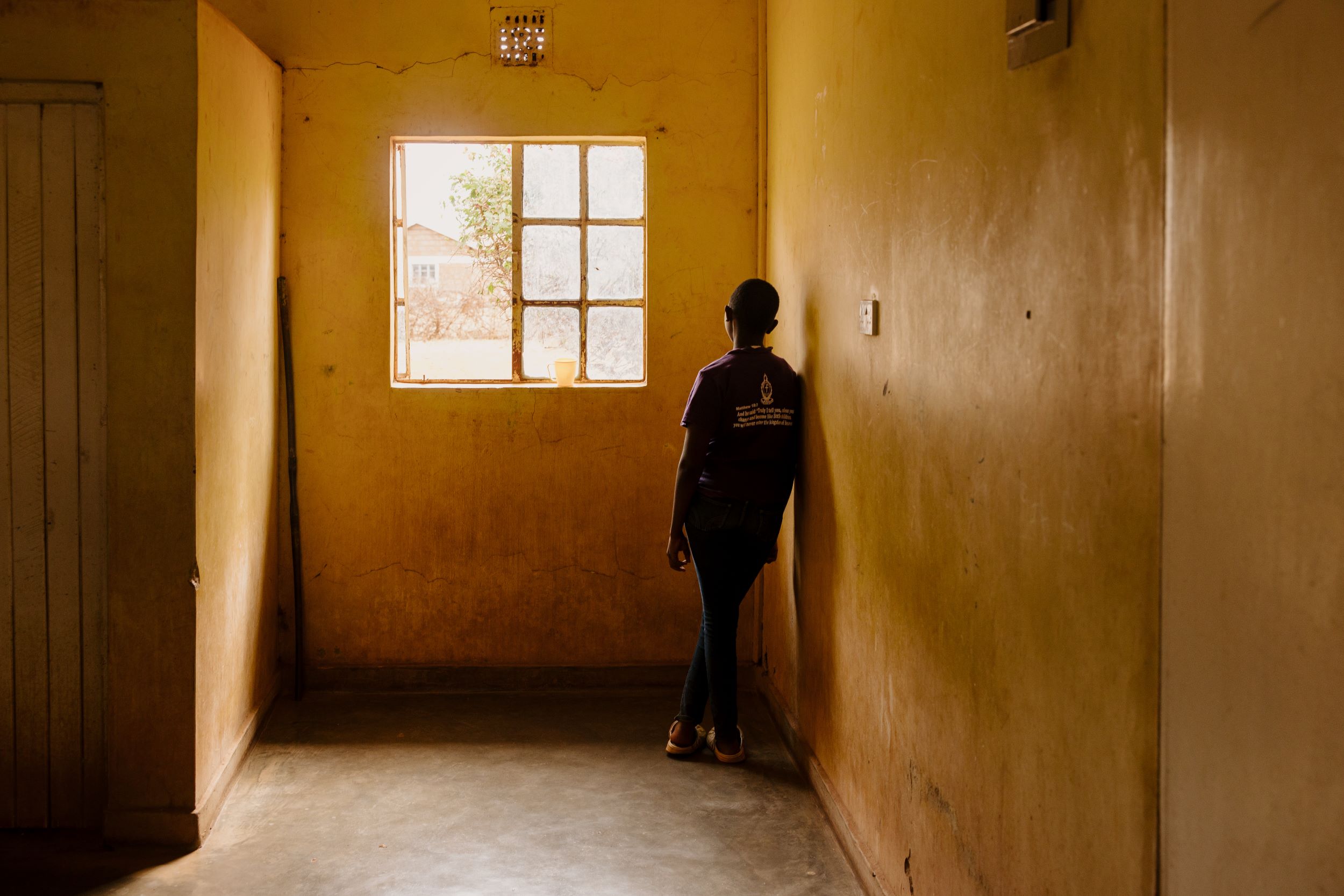
Married at eight: Ruth’s story
“In my home area, girls don’t go to school. They stay at home as there is [no one] to help them get to school. Girls are married off by the age of nine. The men anticipate to have them married off so that they can [have] more cows and more money from the dowries paid.” - Ruth, 13
When Ruth was younger, she loved learning and playing with her friends. But one day her innocent childhood was suddenly cut short.
An older man Ruth had never met arrived at her house, bringing with him some cows. Later that day, Ruth found out he’d come to marry her. At just eight, Ruth was expected to give up her childhood, leave her family, and go with this man to start a new life – as his wife.
Harmful traditions
Ruth’s family are pastoralists, meaning they move around seeking rain and pastures for their livestock. With increased droughts in Kenya, this has left them vulnerable to hunger.
When any community faces a threat, falling back on harmful traditions like child marriage and FGM can seem to be the solution. But these have lifelong health implications for girls, and often bring about the end of their education, stifling future opportunities and leaving them even more vulnerable to exploitation and abuse.
Ruth’s marriage when she was just eight was the result of food insecurity. Even though her mum cried, she could not change her husband’s mind. He believed the marriage solved, at least temporarily, his problems.
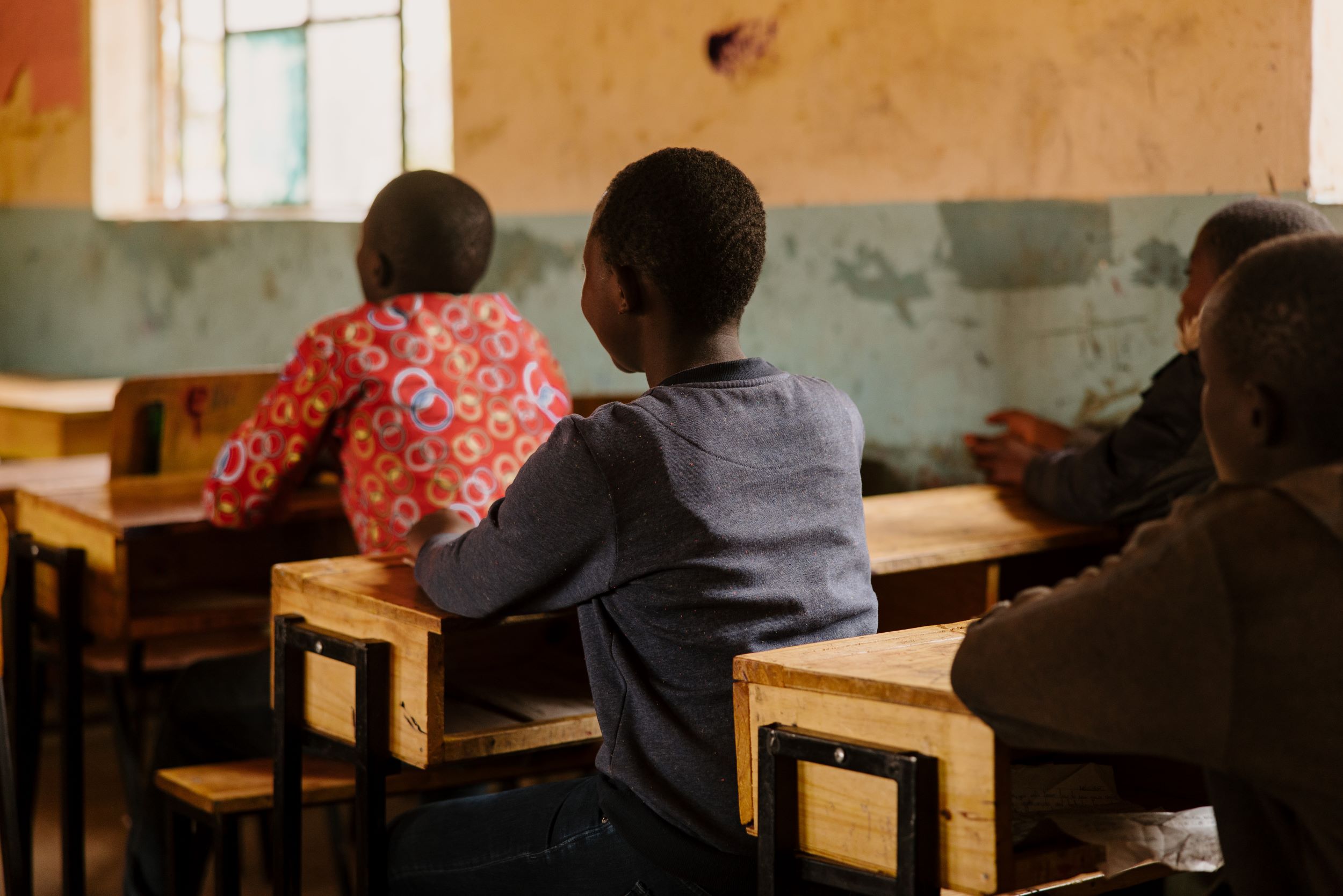
Alone in a strange place
Ruth went to live with her new husband’s parents in a village she’d never been to before.
“I felt so sad. I cried and I prayed that I could meet someone to help me,” she recounts.
The next two weeks were harrowing. Ruth cooked, collected water, herded cattle, and cried herself to sleep under her new family’s roof. She was alone in a strange place with no one to comfort her.
A chance meeting
Then something changed. Ruth met another girl, experiencing an ordeal similar to hers.
“I had stayed two weeks in that home,” Ruth says, “and in the third week, that girl approached me. She knew the people who would be of help to girls in our situation.”
Together, the two girls mustered up the courage to get help, approaching a World Vision volunteer.
World Vision helped the girls report their cases to the police, who intervened, placing them in the care of a rescue centre for at-risk girls.
Supported by World Vision, Ruth was provided with counselling and trauma recovery support and educated on her rights as a child.
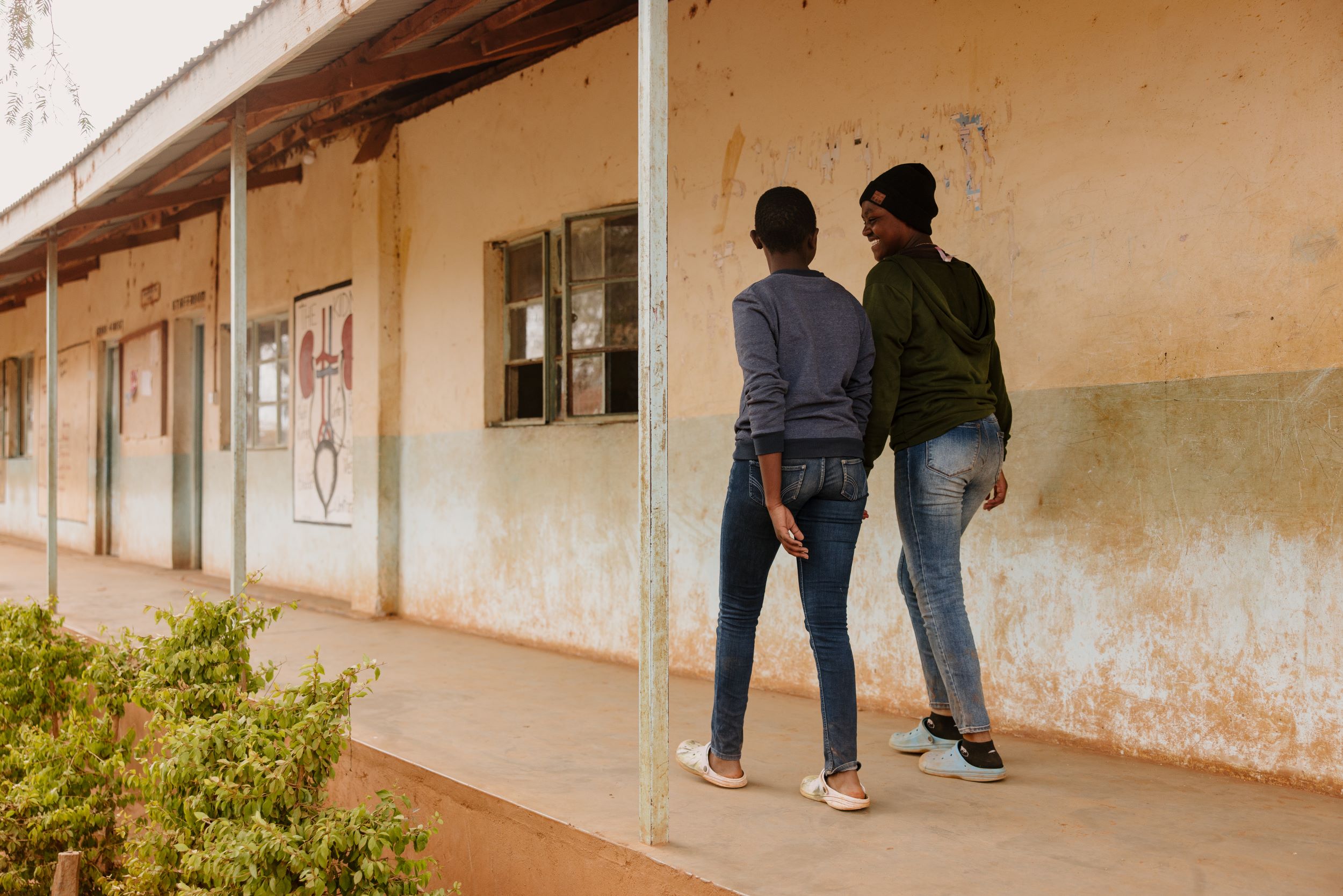
Five years on
Now 13, Ruth still lives at the rescue centre, where a matron takes care of all the girls. She says life is good. “I have benefitted a lot with studies, clothes, safety and food.”
The centre provides for all their needs, and they have enough food to eat as well as essentials like sanitary pads.
Today, Ruth is studying hard and has ambitions to run her own rescue centre.
She has been sponsored through World Vision, meaning she has ongoing, consistent support to keep her in school and help her follow her dreams.
Until lately, Ruth has had no contact with her family since moving to the centre. Recently, though, she had a visit from her mum who is pleased to see her doing well.
“My mum was so happy that I refused to get married and how I came to this place.”
This story could have ended so differently, but thanks to Ruth’s courage and the support of Child Sponsorship, she can now make her own choices in her own time.
*Name changed to protect identity
World Vision in Kenya
World Vision has been working in the area where Ruth is based since 2006, initially focussing on strengthening education. Much progress has been made in changing community attitudes to things like child marriage as well as raising awareness of the importance of education and children’s rights. Across the region, there are now many advocates who have seen children’s lives improve through Child Sponsorship. Children themselves are speaking up for change.
Why Child Sponsorship is vital in the fight against child marriage
Sponsored children – and their communities – have the tools to build a better world.
World Vision partners with communities to address the various causes of child marriage – including food insecurity, the cause of Ruth’s marriage.
Our programmes give families better access to nutritious food, clean water, sanitation, education, and healthcare. They can also receive training in things like climate smart farming techniques or income generation.

